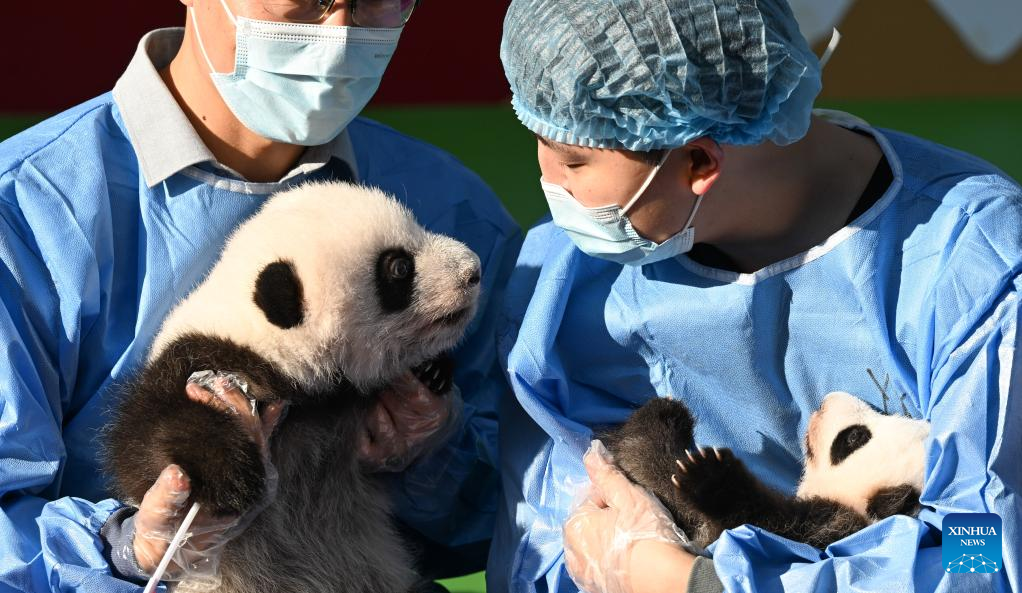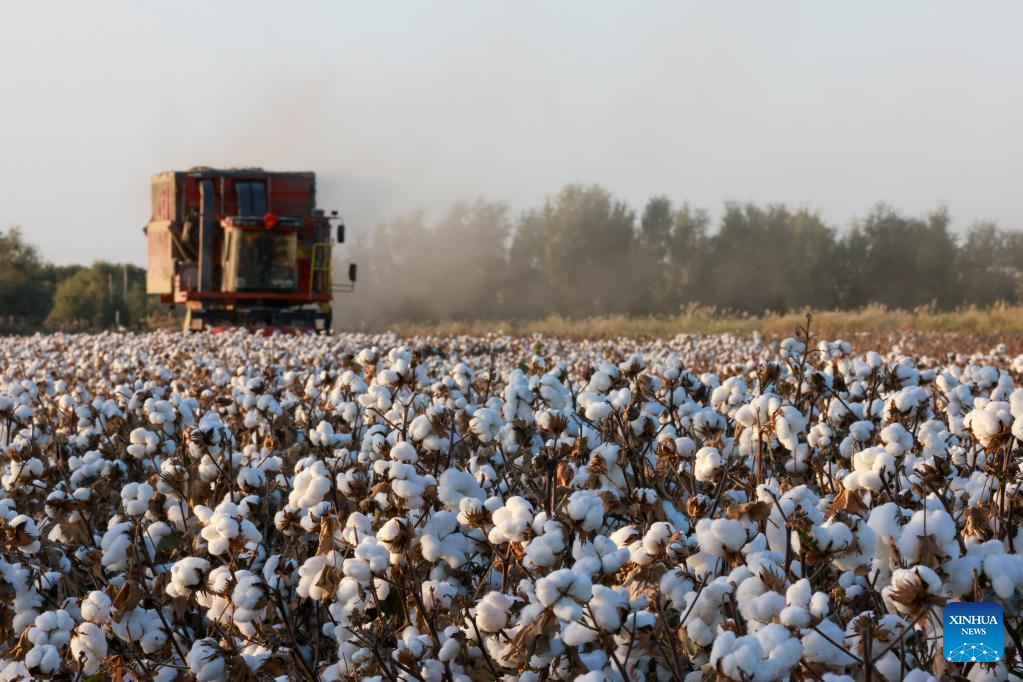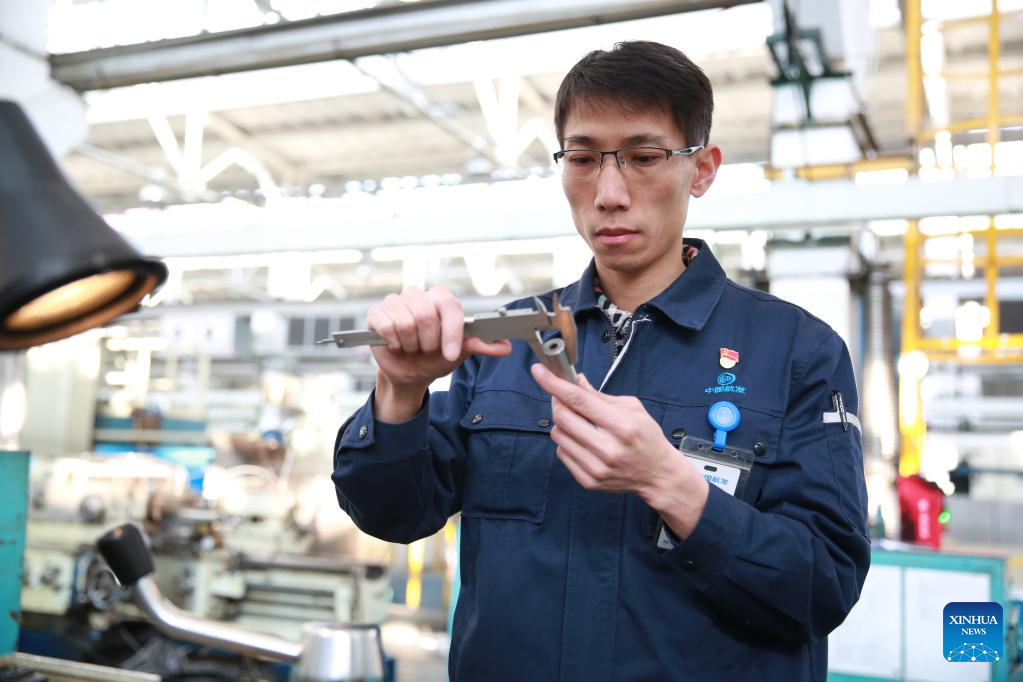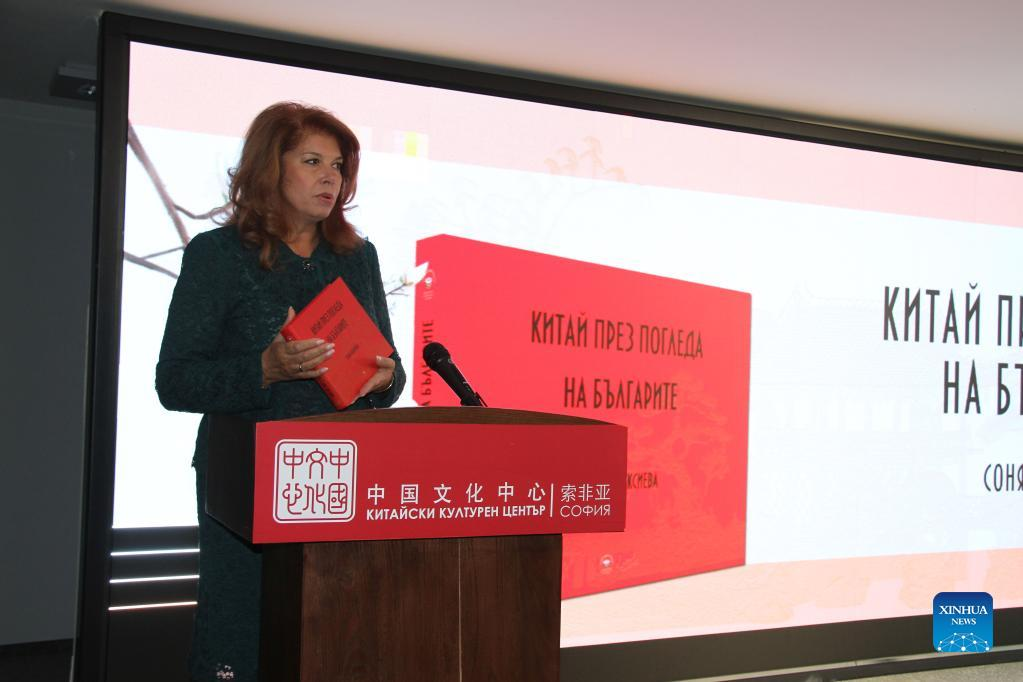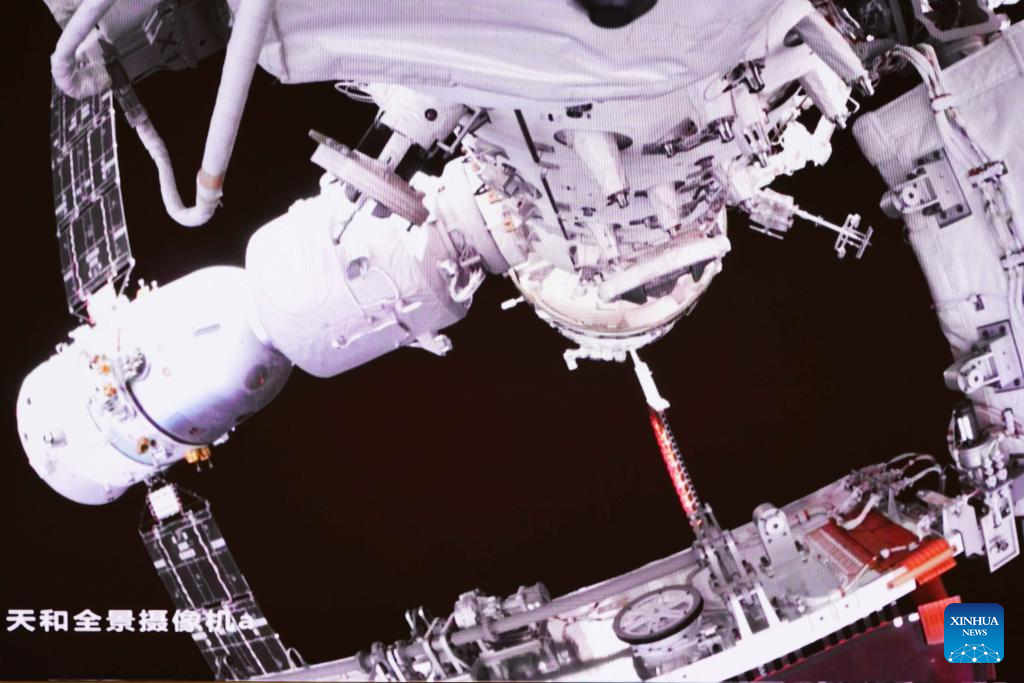September 22, the lunar autumn equinox, marked the seventh Chinese farmers' harvest festival. In recent years, Jiangsu Province has enhanced its efforts to boost grain production and quality-oriented growth, shifting from traditional development paths to new quality productive forces.
In Nanjing, the Zhongshan Biological Breeding Laboratory is dedicated to seed research aimed at strengthening basic theories, improving core technologies, and increasing food production. The laboratory has focused on developing major crop varieties such as rice, wheat and soybeans, serving as an innovation platform for China's push toward greater technological self-reliance and independent control over seed sources, said Yi Zhongyi, president of the Jiangsu Academy of Agricultural Sciences.

(Vision Jiangsu)
Since its establishment just over a year ago, the laboratory has launched several research projects to address key technical challenges in the seed industry, with intelligent breeding as the next priority. Yi added that more efforts will be made to develop a cloud platform for real-time crop phenomics analysis and a big data platform to manage and share breeding information, while incorporating biotechnologies such as gene editing. This will create a precise and targeted breeding technology system, significantly improving efficiency, and establish a seed innovation center with nationwide influence.
Jiangsu has also made progress in building high-standard farmland, which increases yield and reduces costs. For example, at Jiangsu Runguo Agricultural Development Co., Ltd., a large screen displays various systems dedicated to farmland management, videos, weather services, and the remote operation of agricultural machinery through the Internet of Things (IoT). Staff can monitor soil fertility and pest control from the office with a click the mouse. Zhang Yikun, assistant to the company’s chairman, said these operations can also be performed at any time on mobile phones.
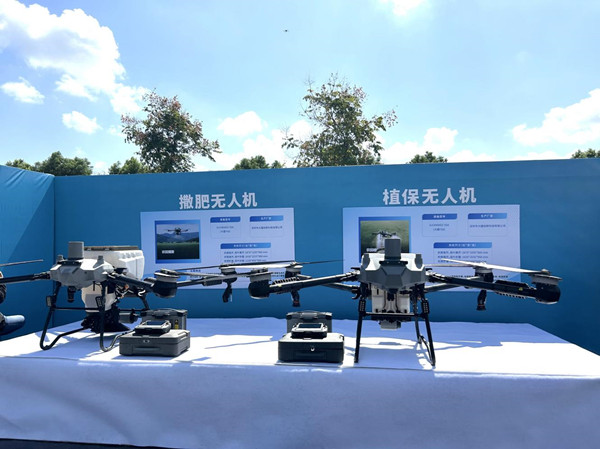
In Siyang County, a visit to Nandatan Village reveals special lamps installed around 800 mu (53.3 hectares) of paddy fields managed by Yu Jialong. Yu said these lamps save on pest control costs and reduce environmental pollution by minimizing the use of chemical pesticides. “We need to follow the path of eco-friendly farming to produce more and green food for the country,” Yu said.
In Sheyang County, Ding Liang from Wanlong Village showcased various farming machines in his warehouse, including drying equipment, transplanters, rotary tillers and more than a dozen newly purchased heavy-duty intelligent tractors.
Ding began his farming business in 2005 with 200 mu of contracted land. Today, his business has expanded to 27,000 mu, primarily growing rice and wheat across counties such as Sheyang and Jianhu. Over the past nearly 20 years, Ding has actively embraced agricultural mechanization.
Contact us at english@jschina.com.cn


